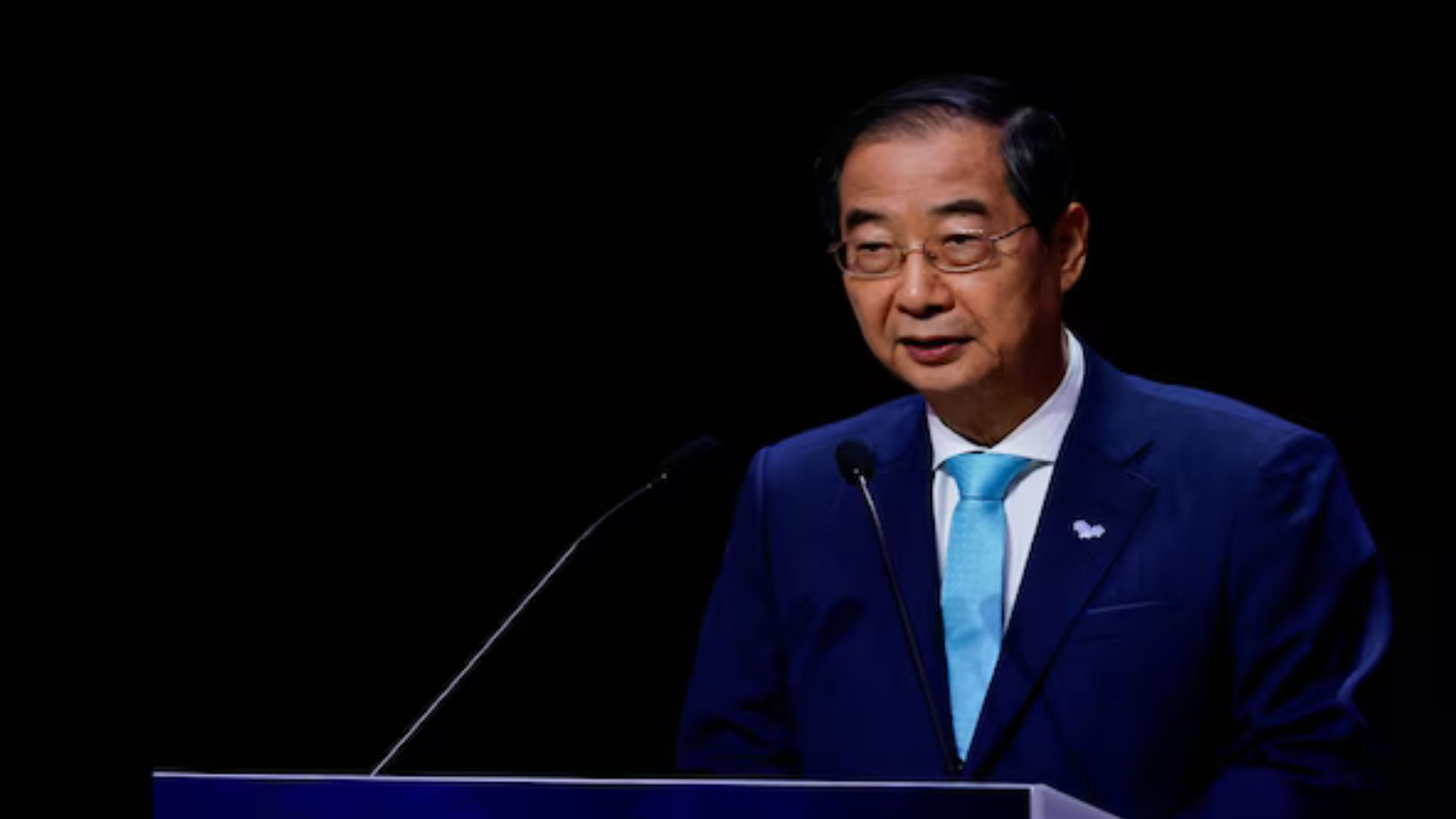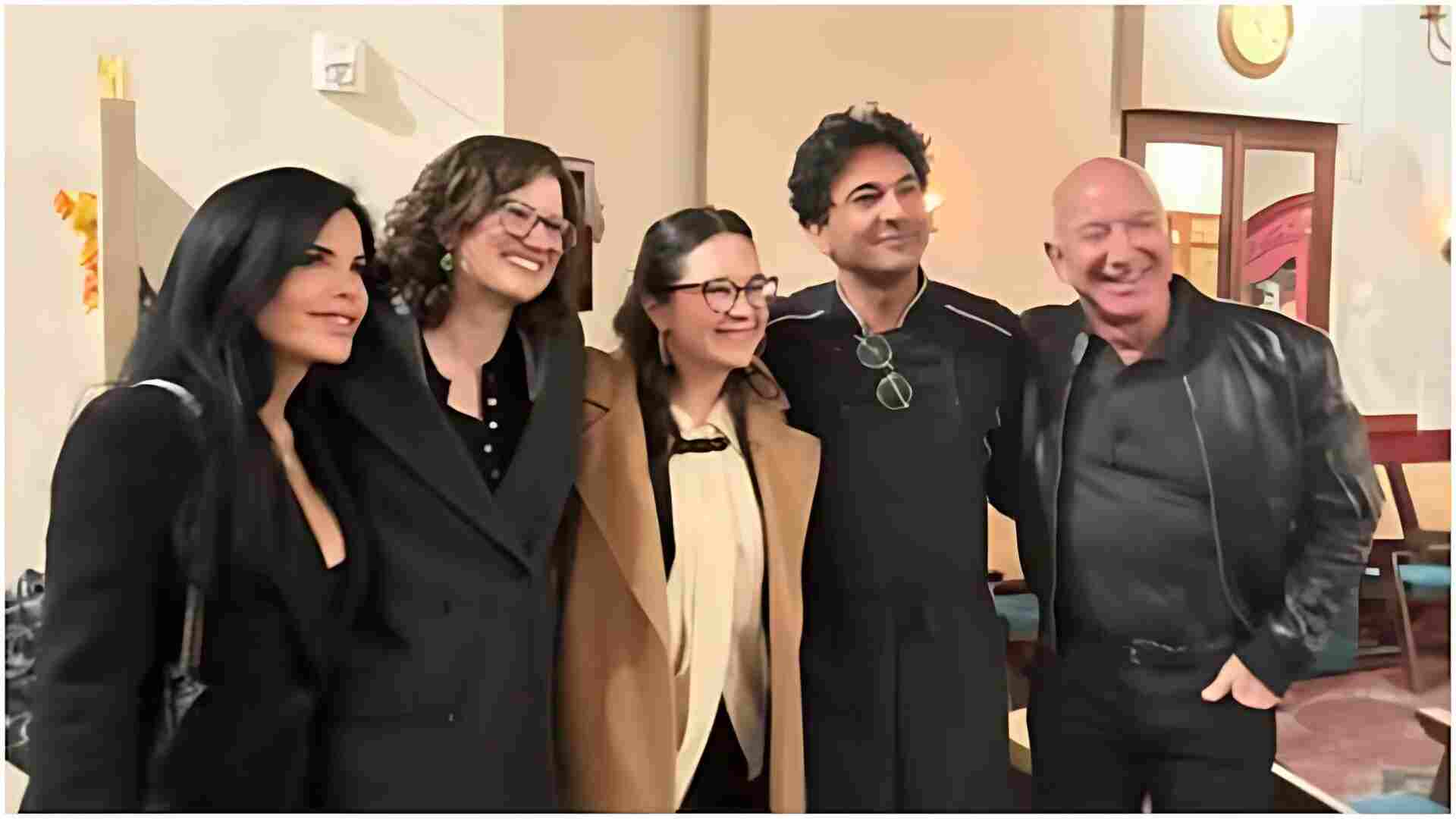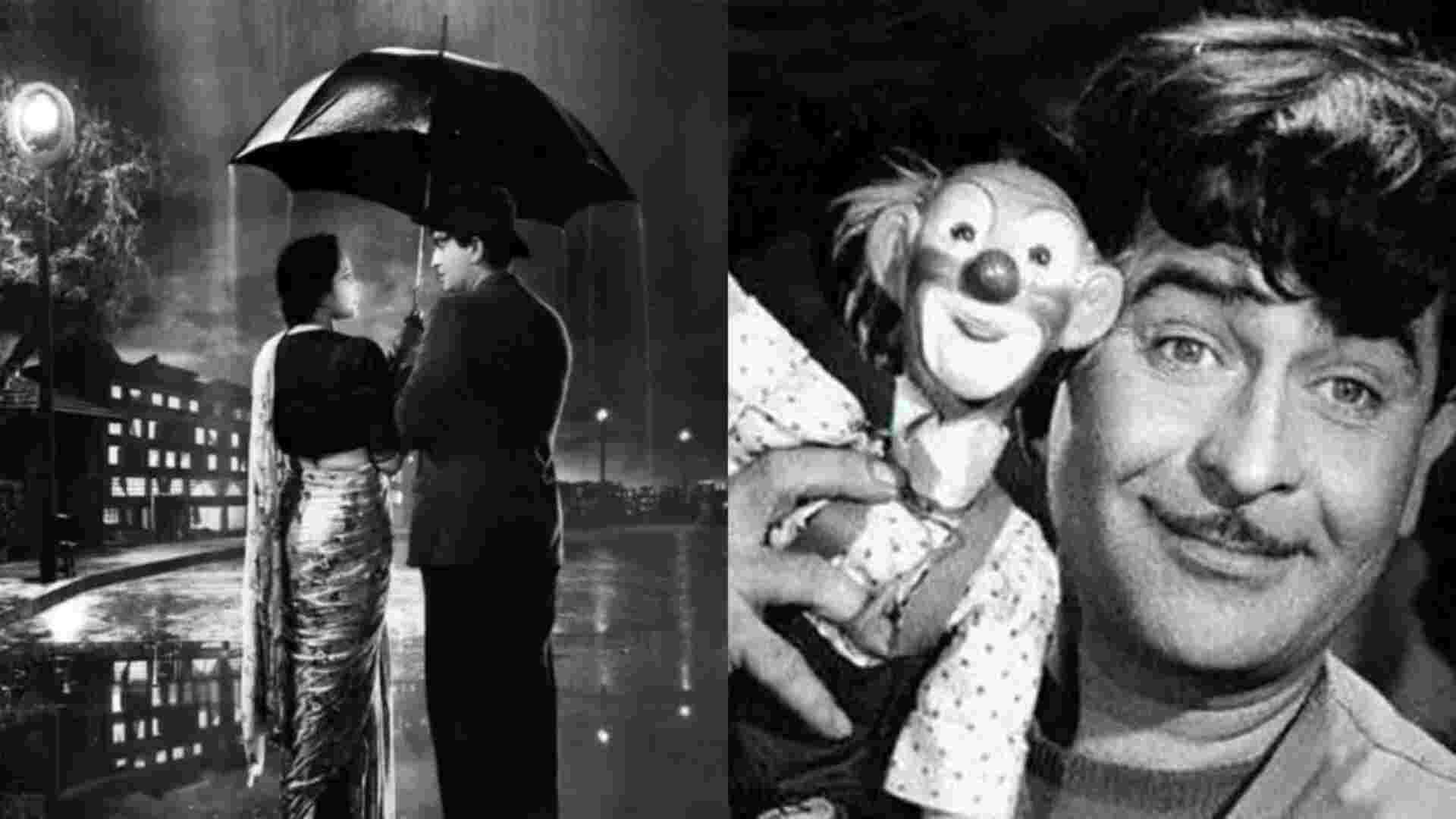
Prime Minister Han Duck-soo has assumed the role of South Korea’s acting president following the impeachment of President Yoon Suk Yeol on Saturday. A seasoned technocrat with extensive experience across political lines, Han’s reputation for pragmatism and rationality is expected to be an asset in navigating the country through its most significant political crisis in four decades.
Yoon was suspended from presidential duties after parliament voted to impeach him over his controversial, short-lived attempt to impose martial law. As stipulated by the constitution, Han, as prime minister, has stepped into the acting presidency.
Han, 75, brings over three decades of leadership experience, having served under five different presidents—both conservative and liberal. His roles have included ambassador to the United States, finance and trade minister, presidential policy secretary, and ambassador to the OECD. He has also led various think tanks and organizations, showcasing his expertise in economics, trade, and diplomacy.
Yoon appointed Han as prime minister in 2022, marking his second tenure in the role after serving under former President Roh Moo-hyun in 2007-08. Speaking about Han’s qualifications, Yoon said: “He has served in key posts in state affairs solely through recognition of his skills and expertise, unrelated to political factions.”
Also Read: South Korean President Yoon Suk Yeol Impeached Over Brief Martial Law Attempt
Han’s acting presidency comes with significant challenges, including managing tensions with nuclear-armed North Korea, addressing a slowing economy, and navigating domestic political instability. His leadership could last for months until the Constitutional Court decides whether to remove Yoon from office or reinstate him. If Yoon is ousted, a presidential election must be held within 60 days.
Han’s tenure may also be tested by investigations into his involvement in the martial law decision. The opposition has filed a complaint seeking his inclusion in the probe. If parliament impeaches Han, the finance minister would be next in line to assume the acting presidency.
South Korea’s Constitution offers limited clarity on the extent of authority an acting president holds, with most experts agreeing that the role is to ensure continuity of governance without overstepping presidential powers.













